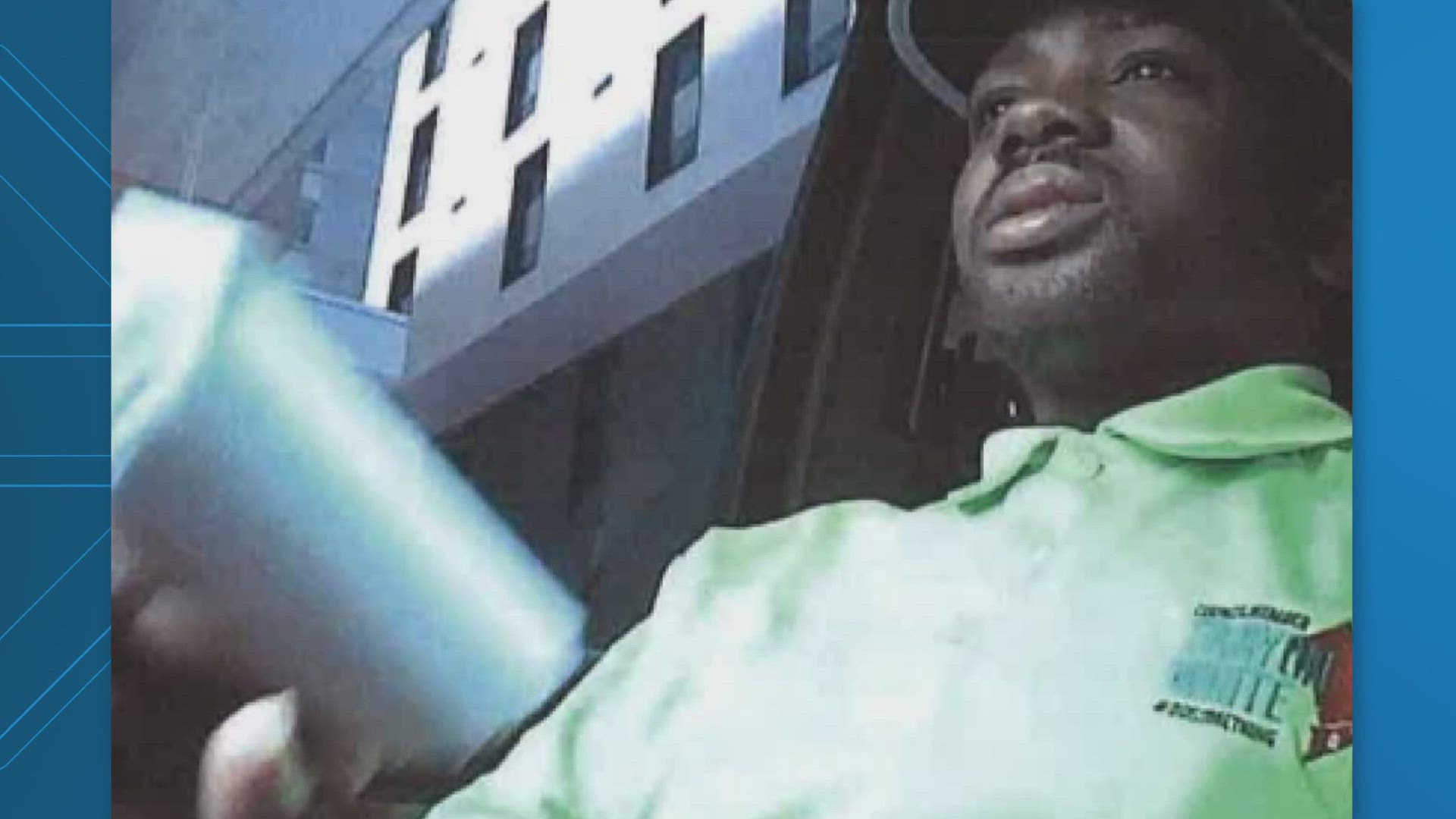WASHINGTON — DC Councilmember Trayon White could face expulsion from DC Council by mid-December as a result of a federal investigation into allegations he accepted tens of thousands of dollars in cash bribes in return for steering lucrative government contracts to an associate.
DC Council Chair Phil Mendelson confirmed the timeline after a closed door meeting of the Ad Hoc Committee assembled to oversee an independent investigation of the federal bribery charges against White. White was arrested by the FBI in August and charged with one felony count of bribery, but he maintains his innocence.
Mendelson said DC Council’s investigation is independent from the criminal investigation.
“The Council does not have to wait for the judicial process to play out,” Mendelson said. “They're very different standards. We are not looking at criminal culpability. What we are looking at is violations of the Council's code of conduct as well as any other statutes that require members to comply with certain conduct.”
Mendelson said DC Council’s independent investigation is being conducted by the law firm of Latham & Watkins, which Mendelson said has extensive experience investigating white collar crimes.
In response to the Council's potential action against him, White wrote in a text message to WUSA9: "I am entitled to my due process like everyone else. I was just re-elected three weeks ago. Ward 8 residents have spokes loud and clear with over 76% of the votes. Is this the will of the people or not? If not, I guess it's guilty until I'm proven innocent. We will see soon."
The allegations against White include accepting cash payments and negotiating future kickbacks with a confidential human source (CHS) who had a corrupt relationship with him dating back to 2019. The CHS, who has already pleaded guilty to conspiracy to commit bank fraud, claims that White facilitated the renewal of contracts worth over $5 million between the Office of Neighborhood Safety and Engagement (ONSE) and the Department of Youth Rehabilitation Services (DYRS). These contracts were reportedly connected to companies owned by the CHS.
According to charging documents, White is alleged to have accepted at least $35,000 in cash during several meetings between June and July. He is also accused of negotiating a 3% kickback on contract renewals and expecting to receive up to $156,000 from the scheme. White allegedly discussed future contracts in the mental health and housing sectors as part of the scheme.
White is not scheduled to face trial on the felony bribery charge until January 2026. Mendelson said DC Council will make its own decision on action on or before Dec. 16.
“Our process, which could be reprimand, censure or expulsion does not have to wait for criminal proceedings,” Mendelson said. “And in fact, in theory, a member doesn't even have to have a criminal case against him for us to consider actions such as censure or expulsion when a member several years ago was accused of various ethical violations.”
That former DC Councilmember, Jack Evans, resigned from DC Council in January 2020 amid an ethics violations scandal. DC Council voted to expel the nearly 30-year Council veteran after a Council investigation found 11 ethical violations related to his outside employment as a lawyer and consultant and conflicts with his position on the council.
In a statement, Councilmember Kenyon McDuffie, chair of the Ad Hoc Committee, said the independent investigation "has also included the extensive review of relevant documents, including publicly available materials but also records obtained from DYRS, ONSE, the Council, and other entities with relevant information."
McDuffie said the committee anticipates providing a report to the D.C. Council by Dec. 16, as required under Council Rules. Mendelson said that report will be provided to the public.
Mendelson said in White’s case a swift resolution to his future on the council is in the best interest of the District.
“I think it's very important that the Council to the extent that this is a Council issue, resolve this as quickly as possible,” Mendelson said. “It's not fair to the public and it's really not good for the integrity of the institution.”

